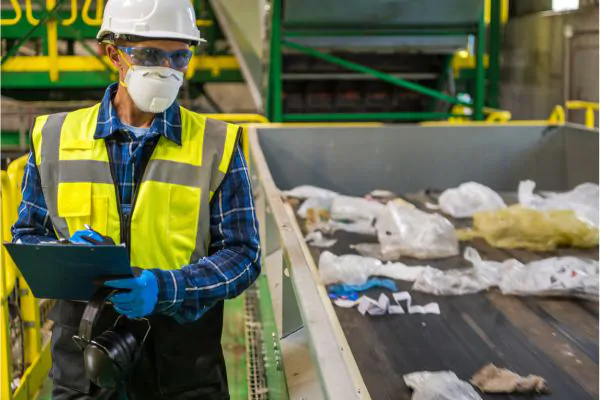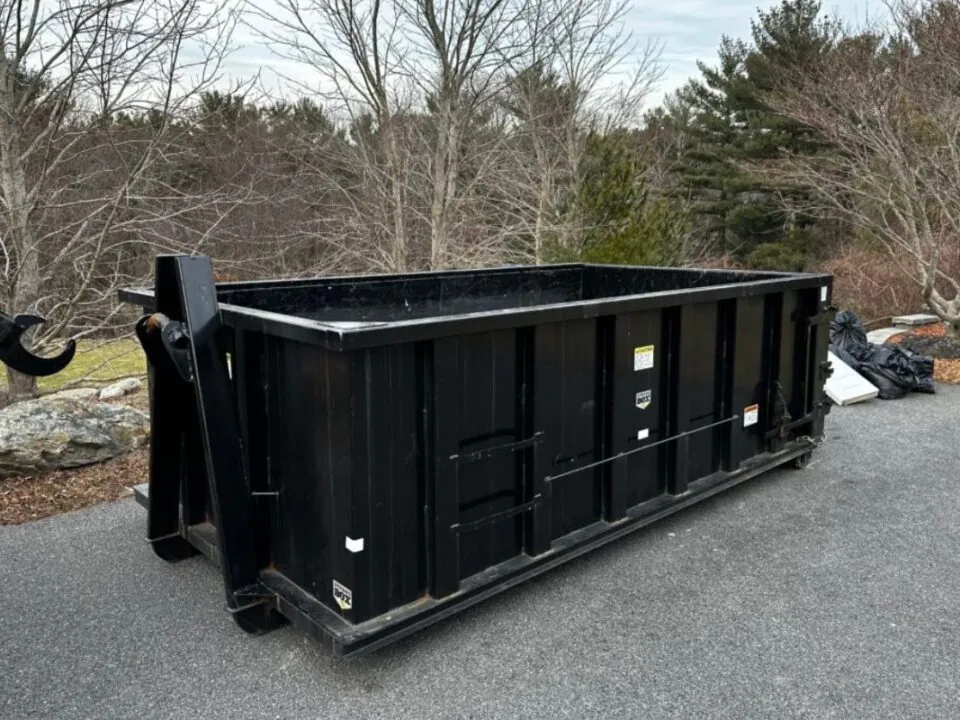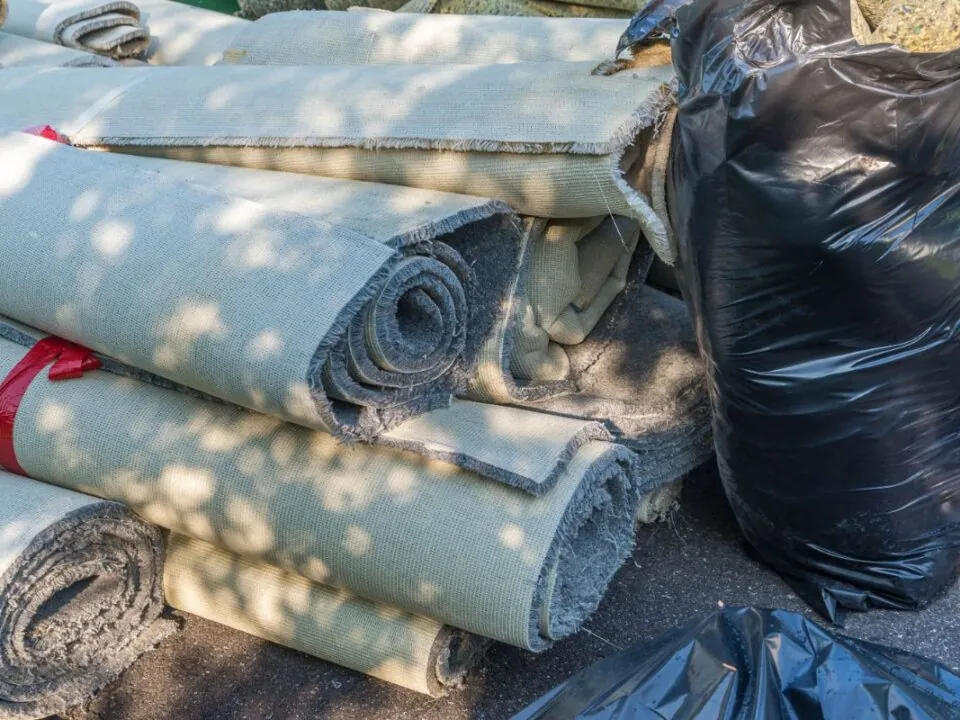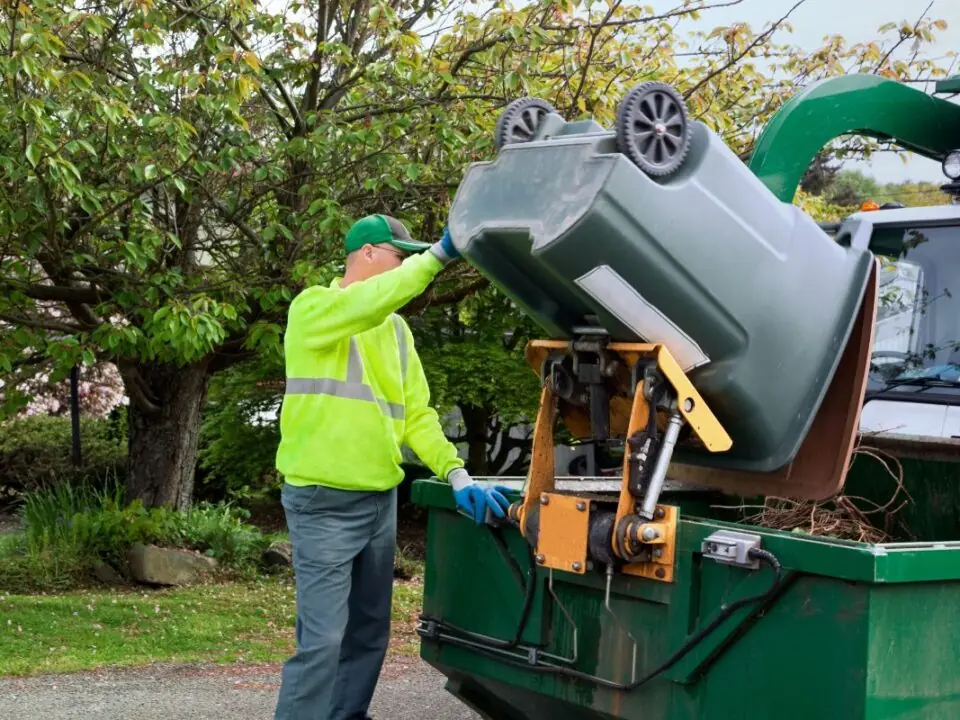What is Waste Management and Recycling?

In a world of growing environmental concerns, waste management and recycling have emerged as crucial solutions for a sustainable future. In its various forms, waste poses significant challenges to our ecosystems and resources. However, through effective waste management practices and adopting recycling initiatives, we can mitigate these challenges and pave the way toward a cleaner, greener planet.
In this article, we will explore the fascinating world of waste management and its environmental impact in this comprehensive guide. Discover the origins and diverse forms of waste, as well as the detrimental effects of improper disposal. Delve into the strategies used to address this issue, such as source reduction, composting, waste-to-energy conversion, and the crucial practice of recycling. Let’s begin!
Sustainable Waste Management
Waste management encompasses a range of strategies and techniques aimed at efficiently managing the entire lifecycle of waste, from its generation to its final disposal. Embrace the core of sustainable waste management: reduce, reuse, and recycle. These principles not only minimize landfill waste but also preserve resources and curb greenhouse gas emissions.
The primary decrease in trash is one of the foundational tenets of environmentally friendly waste handling. This involves taking proactive measures to minimize waste generation through conscious consumption choices, product design improvements, and encouraging the use of eco-friendly alternatives. We may diminish our initial negative effect on our surroundings by adopting a “less is more” mentality and reducing the quantity of rubbish that is added to landfills.
Recycling, a key component of environmentally friendly waste reduction, is essential for keeping items out of dumps while offering people additional uses for many products. Recycling allows for the creation of innovative goods from resources like paper, plastic and rubber, glass, and metals while minimizing energy consumption, the mining of raw materials, and emissions from their manufacturing. By embracing recycling practices, we contribute to a circular economy where resources are kept in use for as long as possible.
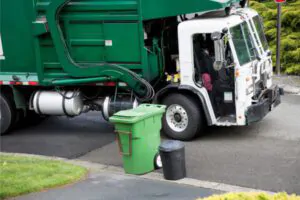
Complementing waste reduction and recycling is the concept of proper waste disposal. Additionally, sustainable waste management encourages the use of advanced waste treatment technologies, such as composting organic waste or converting waste into energy through innovative processes. These methods not only minimize the environmental impact of waste but also harness its potential for beneficial use.
Types of Waste and Recycling Options

Each type of waste requires specific recycling options to maximize resource recovery and minimize environmental impact. Let’s explore the various types of waste and the recycling options available for each:
● Paper and Cardboard: Recycling bins and collection systems are widely available for paper waste, making it one of the most accessible recycling options.
● Plastics: Plastics are categorized by resin codes. Typical materials like PET (Polyethylene Terephthalate) and HDPE (High-Density Polyethylene) are accepted by many recycling efforts.
● Glass: Recycling facilities collect glass bottles and containers, which are then crushed, melted, and transformed into new glass products.
● Metals: Aluminum, steel, and copper are highly recyclable. Metal recycling can involve melting and refining processes to create new metal products.
● Organic Waste: Composting is a natural process that breaks down organic matter into nutrient-rich soil amendments. It helps divert organic waste from landfills and supports sustainable agriculture.
● Electronic Waste (E-Waste) Recycling: E-waste includes old or unwanted electronic devices like computers, phones, and televisions. This ensures proper disposal of hazardous components while recovering valuable materials.
● Hazardous Waste: Batteries, fluorescent bulbs, and certain chemicals require specialized recycling facilities.
Benefits of Waste Management and Recycling
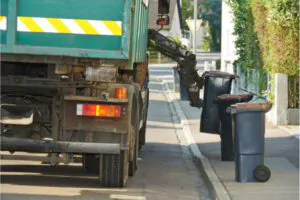
After examining the various waste streams and the available reusing alternatives, let’s examine certain of the major advantages of efficient waste management:
● Lower Waste Removal Expenses: Companies can drastically lower their garbage landfill expenses by implementing methods like decreasing sources and reusing.
● Improved Resource Reclamation: Recycling helps conserve natural resources by recovering valuable materials that would otherwise end up in landfills.
● Reduced Pollution: By diverting waste from landfills and harnessing its potential for reuse, environmental pollution can be significantly mitigated.
The Importance of Waste Management and Recycling
Recycling and waste management are crucial for the future of humanity because they play a vital role in protecting the surroundings and biodiversity. We can positively affect our surroundings by reducing garbage, composting, converting waste into power, and reusing at every level of the process of managing waste.
At Troupe Waste & Recycling, we offer residential waste services that prioritize sustainability and emphasize the importance of responsible waste management. Contact us today at 781-340-0030 to learn more about our services. Let us help keep our planet clean and green!

